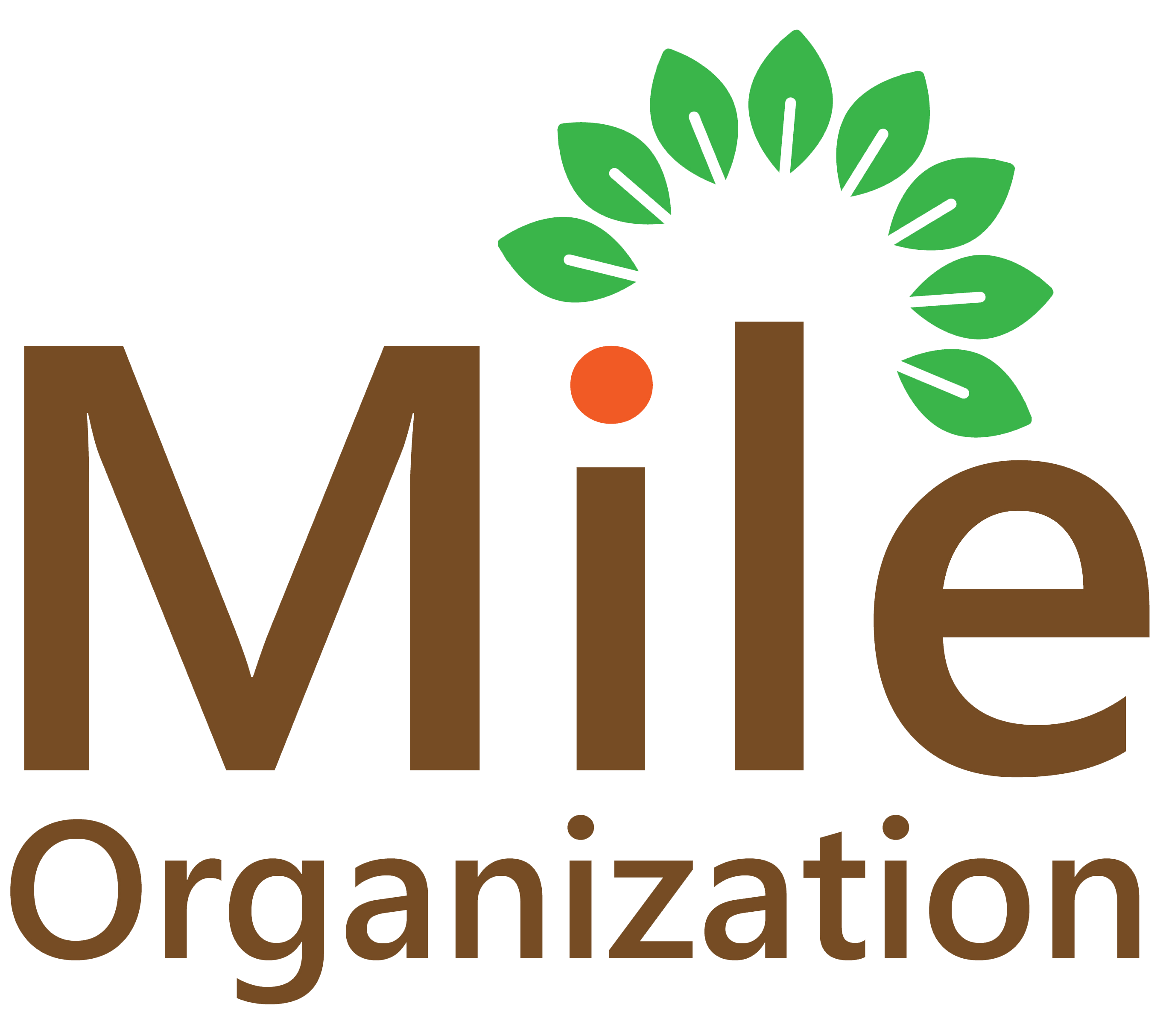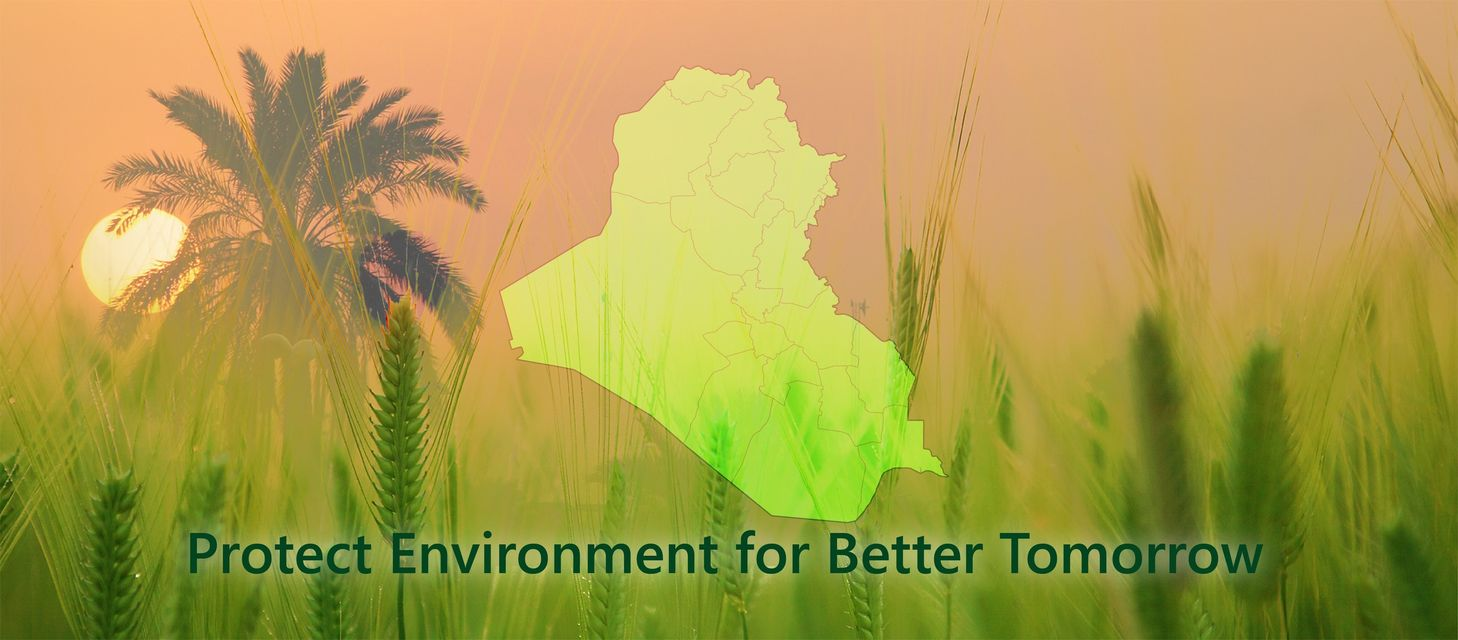
Environmental Protection and Advocacy
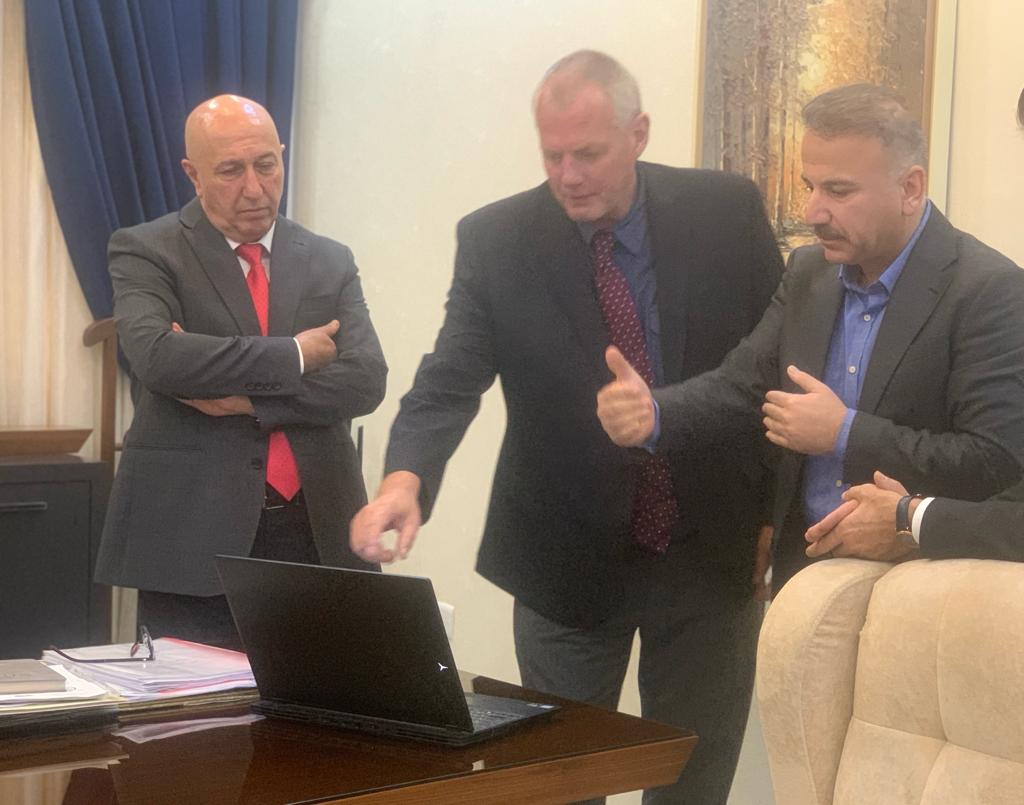
MILE Empowers Ministry of Environment's Tech Department in Baghdad with Transformative Workshop on Climate Change Awareness through Data Analysis
In a pivotal one-day event, MILE orchestrated a dynamic workshop for the esteemed Technology Department staff at the Ministry of Environment in Baghdad. The focus? Unleashing the power of data analysis to amplify awareness on the critical impact of Climate Change.MILE technical advisor explored innovative data-driven approaches, equipping participants to decipher and comprehend the intricate patterns underlying environmental shifts. MILE Organization is honored to contribute to the mission of creating a more environmentally conscious world through the integration of cutting-edge technology and data insights.
MORE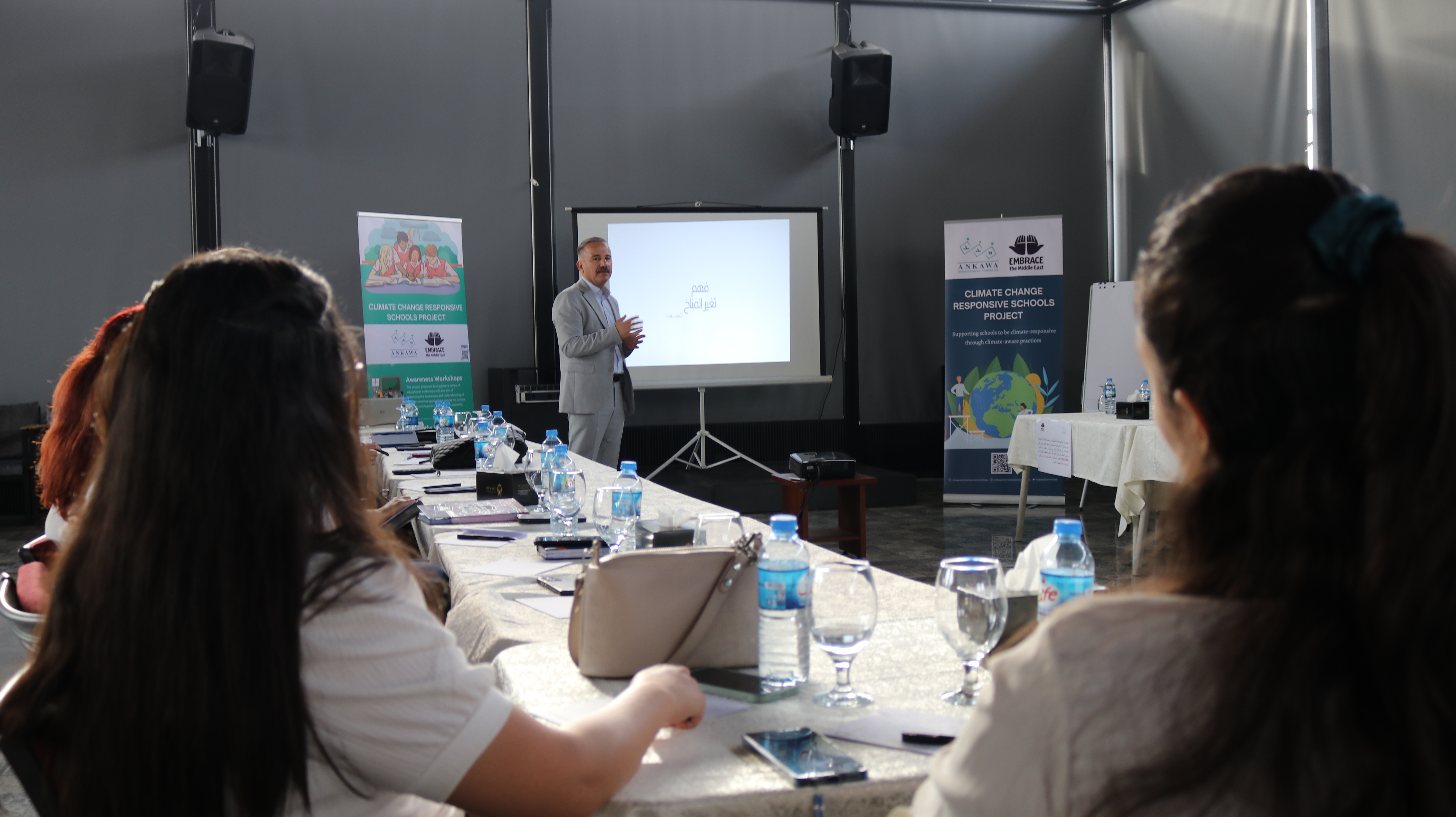
Raises Climate Change Awareness for School Teachers
In a collaborative effort with the Ankawa Humanitarian Committee (AHC), MILE conducted an impactful workshop aimed at schoolteachers. The primary objective was to deepen their understanding of the environmental significance of climate change. Through engaging sessions, MILE showcased the tangible effects of climate change, empowering teachers to become key communicators in conveying this crucial message to their students.The goal is to foster a community that places environmental concerns at the forefront. By utilizing workshops like these for educators, we aim to create a ripple effect, with teachers playing a pivotal role in instilling a commitment to environmental stewardship within their students and, consequently, the broader community.
MORE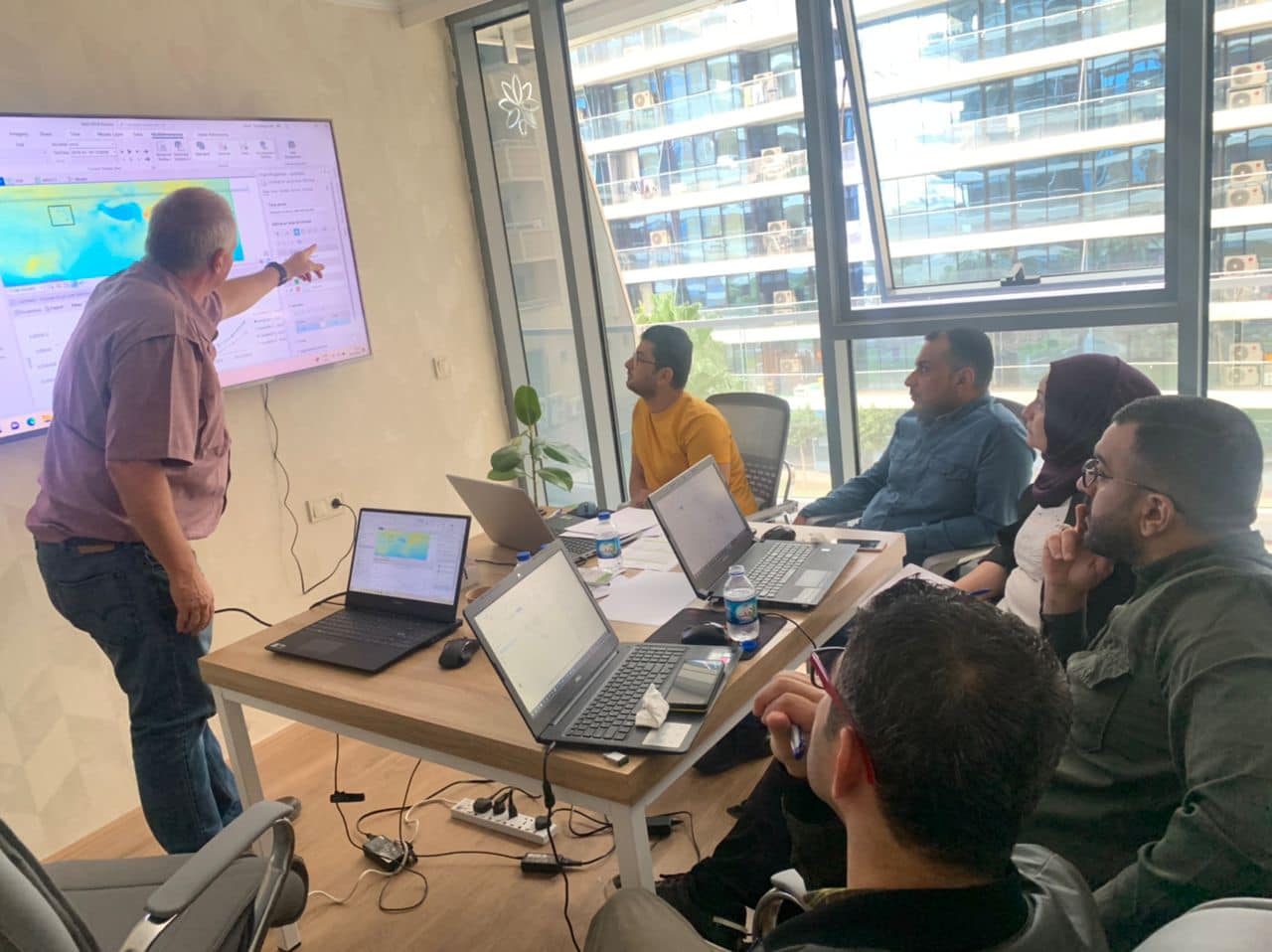
Insights from Land Surface Temperature Analysis: Iraq's Warming Trends
We've delved into the heart of Iraq's climate with a comprehensive data analysis on heat and temperature trends derived from Land Surface Temperature (LST), often referred to as the "earth-skin temperature." This represents the temperature of the top few millimeters of the earth's surface, providing crucial insights into our changing environment. Our findings from 2002 to 2023 reveal a noteworthy and consistent increase in temperatures across Iraq and its surrounding regions. This analysis sheds light on the escalating warmth, urging us to examine the implications for our ecosystems. Notably, the rise in night-time LST is a cause for concern, particularly due to its potential adverse effects on agricultural processes and crops. Understanding these trends allows us to address challenges proactively and work towards sustainable solutions.
MOREInformation Management Support
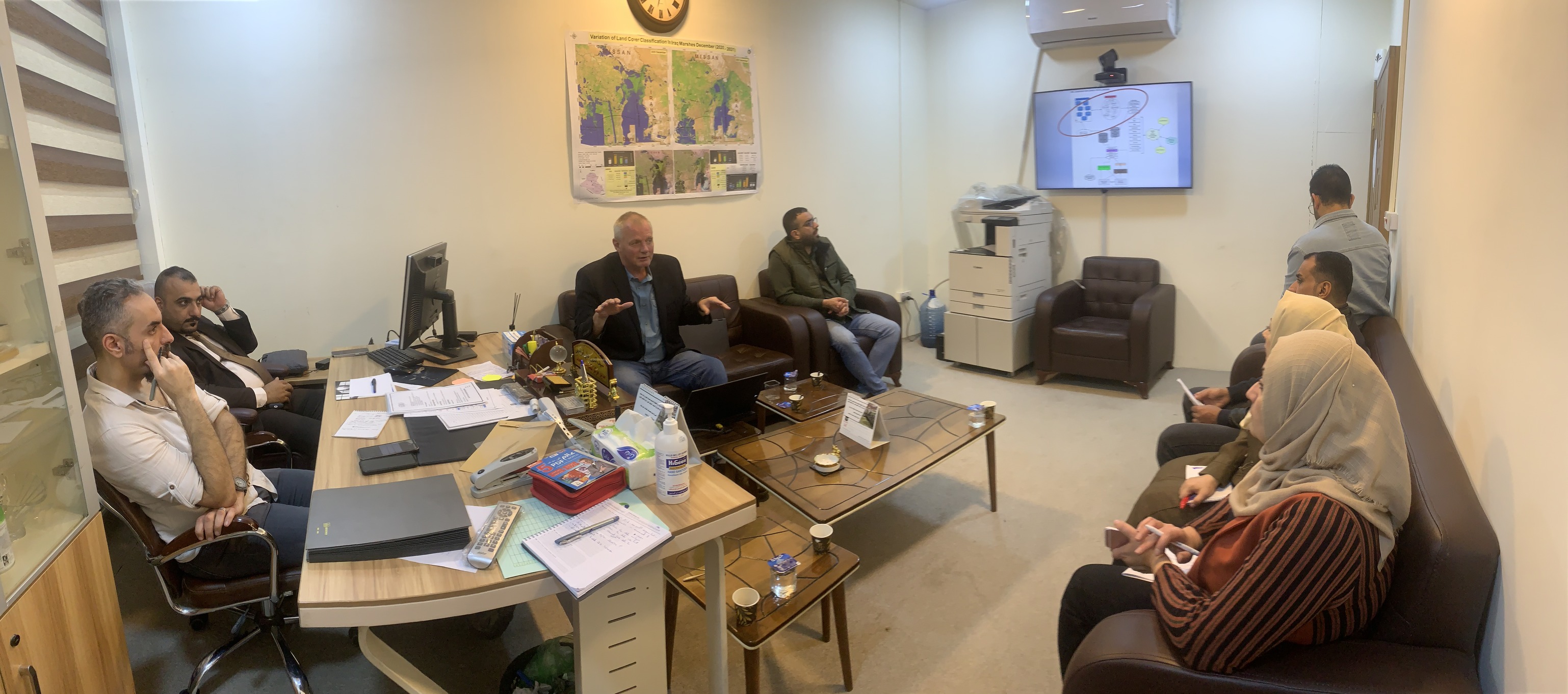
MILE Advocates for Advanced Technology Integration in Climate Change Assessment
In a groundbreaking move towards proactive environmental stewardship, MILE recently convened with the Environment Protection and Improvement Board in KRG for a pivotal discussion. The focal point? Advocating for the integration of advanced technology in assessing the effects of climate change. At the heart of this initiative is the recognition of technology as a game-changing tool in the decision-making process. MILE emphasized the critical role advanced technology and data analysis plays in offering precise, data-driven insights into the complex dynamics of climate change. This meeting marks the beginning of a collaborative effort to harness cutting-edge solutions that will enhance our understanding and response to environmental challenges.
MORE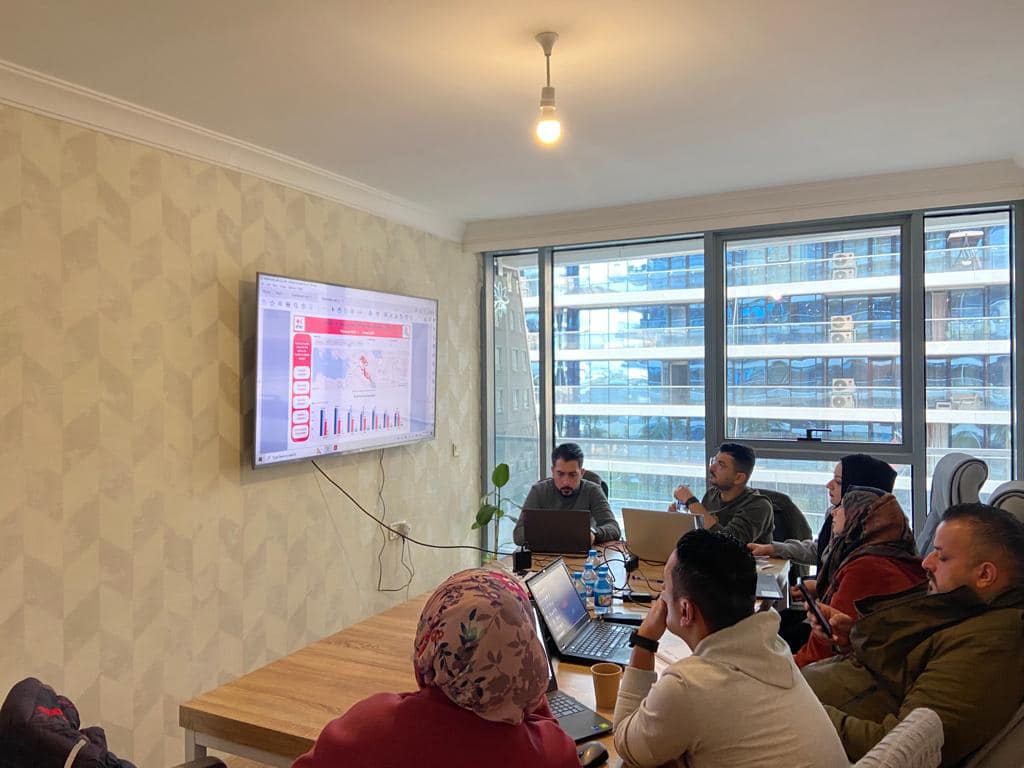
Capacity Development for the technical department staff/ Ministry of Environment in Baghdad
Conducted capacity-building sessions tailored for the staff of the Ministry of Environment, focusing on enhancing their mapping and information analysis capabilities. The objective was to empower ministry personnel with the necessary skills to proficiently analyze and visualize information by utilizing new GIS techniques, thereby fostering improved decision-making processes through access to relevant and valuable data and statistical maps.
MOREMine Action
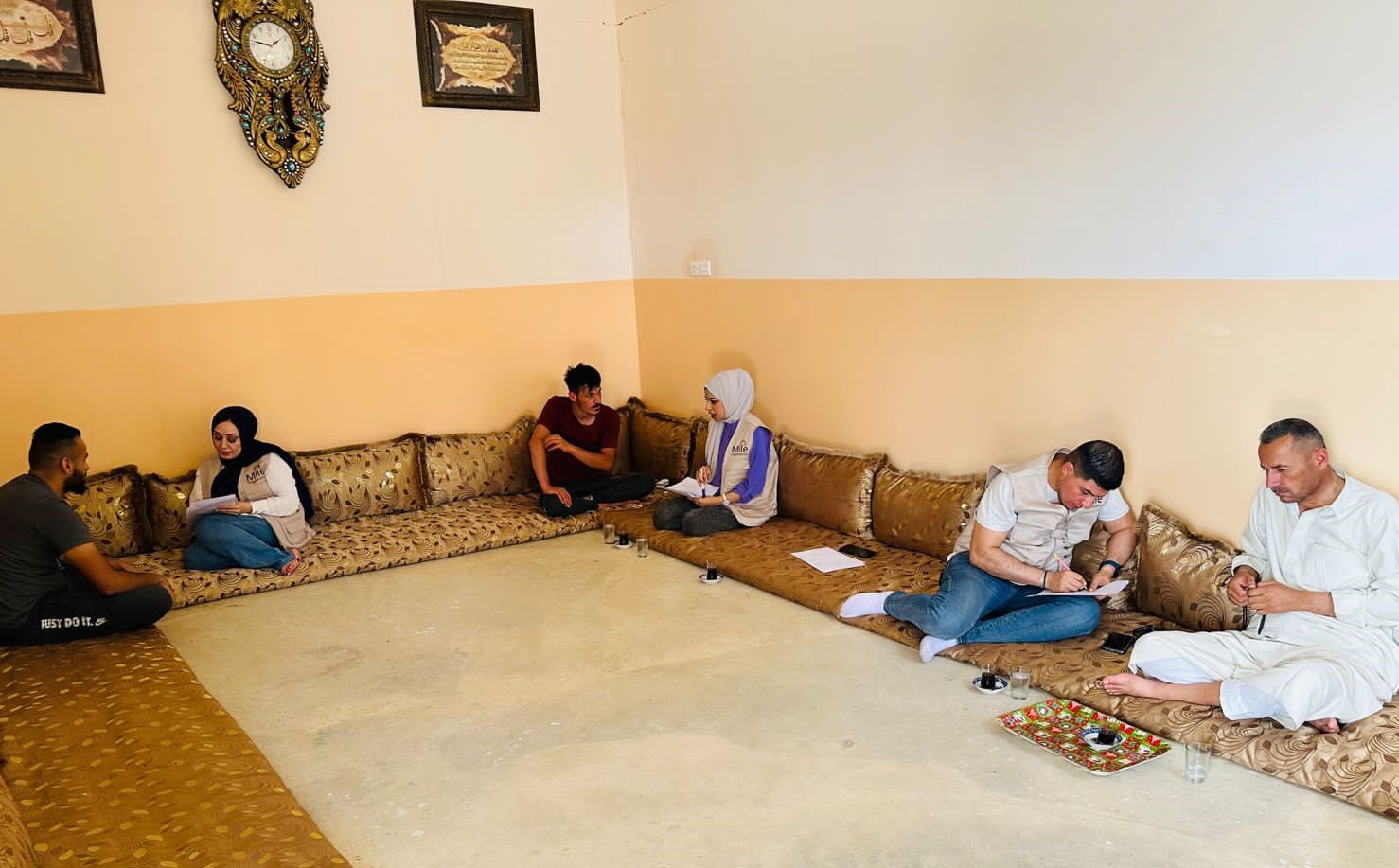
MILE's Study on Land Release and Climate Impact
Embarking on a collaborative journey with Danish ChurchAid (DCA), the MILE team has conducted a groundbreaking study that
goes beyond traditional boundaries. Focused on the past land release and climate impact, our comprehensive assessment
combines on-site survey with cutting-edge remote sensing for data analysis. This innovative approach not only analyzes
the environmental implications of Mine Action clearance activities but also delves into the socio-economic aftermath.
Our study explores the cultivation and utilization of cleared areas, revealing a positive surge in job opportunities
for the local population.
This partnership signifies our commitment to understanding the broader consequences of Mine Action activities,
extending our gaze beyond direct clearance efforts.
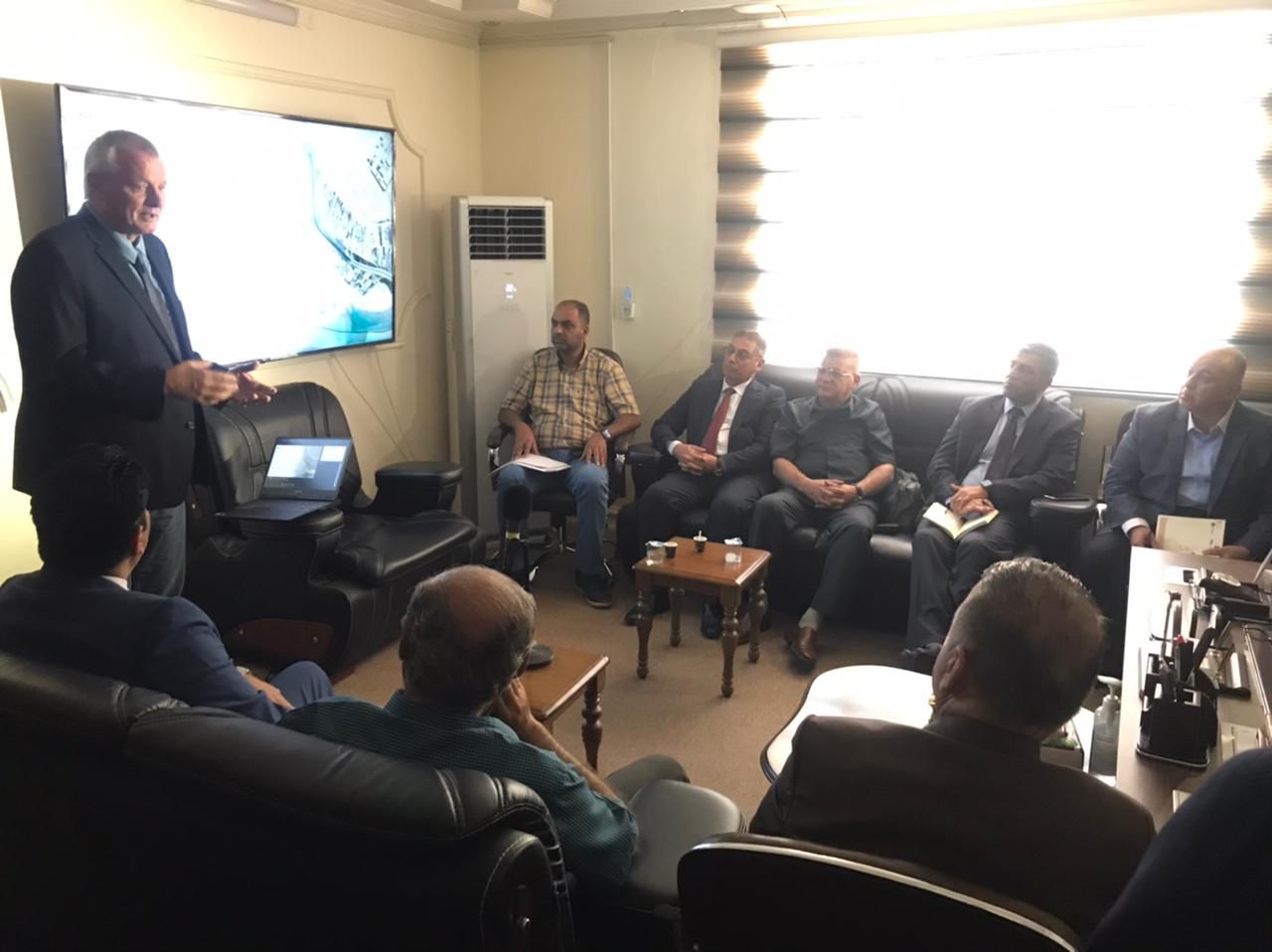
The power of harnessing information to efficiently decrease Explosive Ordinance contamination
MILE is at the forefront of transforming Mine Action through the strategic implementation of Information Management. In a recent presentation to Directorate of Mine Action (DMA) staff in Baghdad, we underscored the power of harnessing information to efficiently decrease contaminated areas. The key? Leveraging remote sensing technology for the detection of human activities in and around suspected hazardous areas. Our emphasis lies in the adoption of advanced technology to achieve the ambitious goal of minimizing contaminated areas with greater efficiency and speed. The presentation showcased MILE's proficiency in deploying innovative approaches that yield impactful outcomes in the realms of demining and environmental risk mitigation.
MORE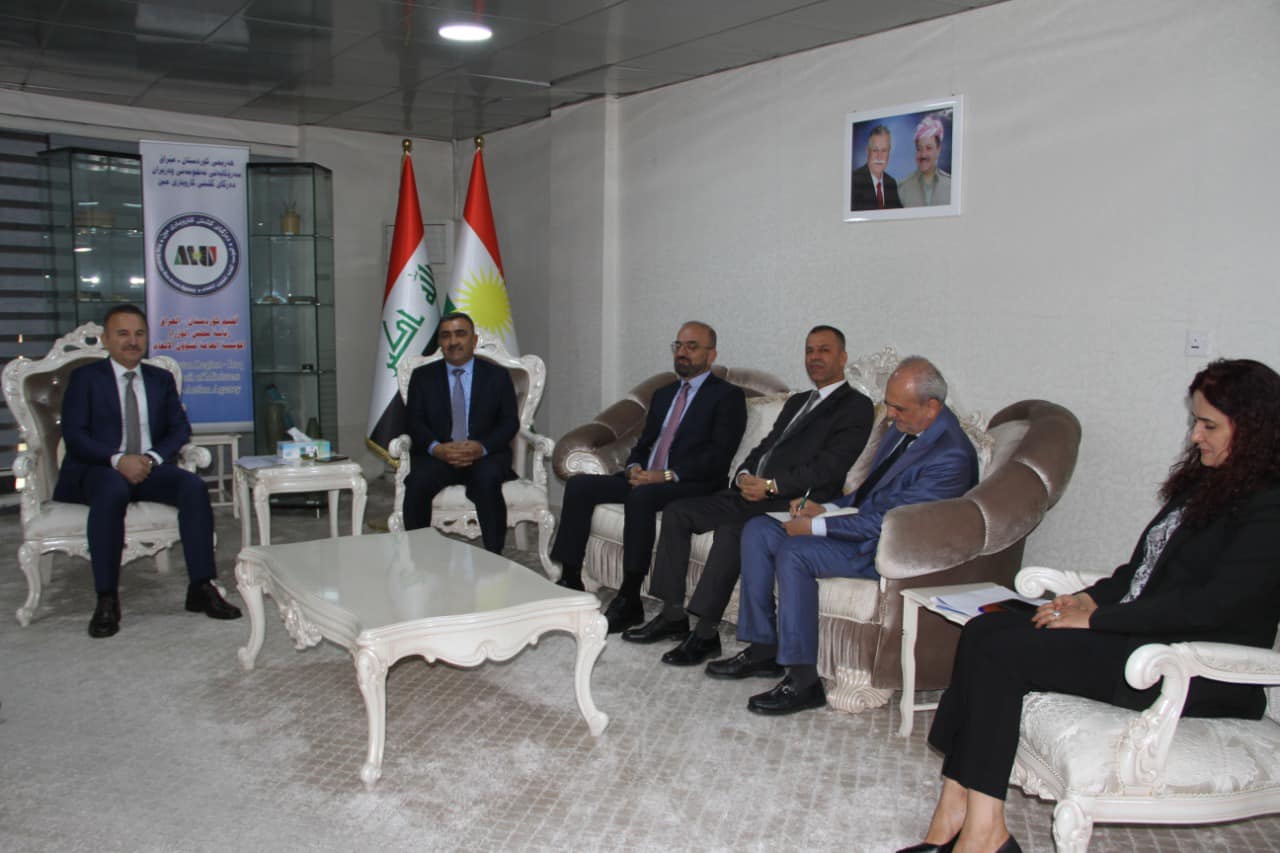
MILE organization Explores Collaborative Endeavors with IKMAA
In a strategic move towards fostering positive change, MILE's CEO recently engaged in a significant meeting with the Iraqi Kurdistan
Mine Action Agency (IKMAA). The focus of this encounter was to explore avenues for potential collaboration, with a shared vision
of amplifying the positive impact of clearance activities on the environment.
The meeting aimed at laying the groundwork for a collaborative partnership that transcends boundaries,
uniting efforts to create a safer and more sustainable environment.
